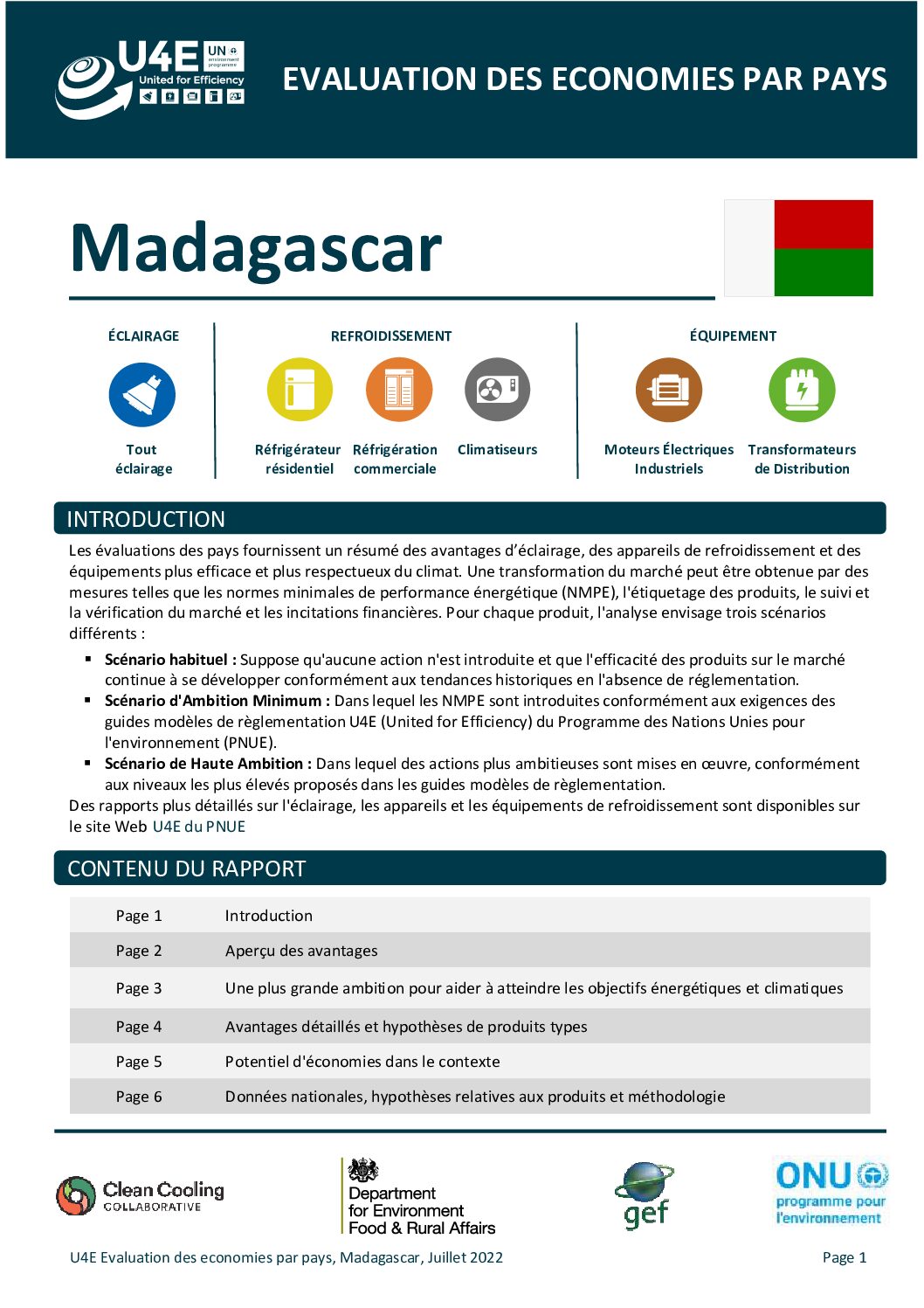This report provides recommendations for improving the availability of sex-disaggregated and specific gender equality data in the energy sector, to improve decision making and programme design.
This guide aims to help energy statisticians understand the various elements and processes involved in renewable energy data collection and management, and identify capacity gaps. It covers seven requirements for effective data management: 1. Legal and institutional frameworks; 2. Well-defined data requirements; 3. Sufficient skilled personnel; 4. Clear methodologies and processes; 5. Appropriate data collection […]
The is comprehensive course is intended for energy statisticians working at national statistical offices and ministries in charge of energy.
This course offers an introduction to the SEEA – Energy.
This note describes the results of an effort to create a database of small hydropower projects in the Dominican Republic, and assess their functioning based on hydrological data and power output.
This platform lets users explore and compare real-time data on electricity demand, generation and spot prices, trade, and CO2 emissions from more than 50 sources.
This scoping report can be used for advice and inspiration for the development of MEL frameworks for just transitions.
This article synthesises different perspectives on monitoring, evaluating and learning on sustainable development pathways and presents seven process-based requirements for effective MEL.
This brief provides data on the current state of energy efficiency in Madagascar, and presents potentials for greater ambition in efficiency advancements.
This article assesses the opportunities provided by digital monitoring, reporting and verification (dMRV), which can facilitate real-time tracking of the use and fuel sales from clean cooking products, thereby increasing the integrity of emissions reduction claims.




